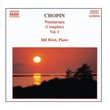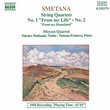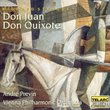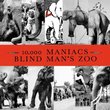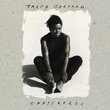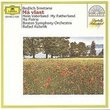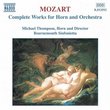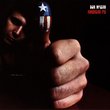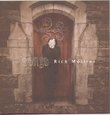| All Artists: Franz [Vienna] Schubert, Jenö Jandó Title: Schubert: Moments Musicaux; Three Piano Pieces Members Wishing: 0 Total Copies: 0 Label: Naxos Release Date: 2/15/1994 Genre: Classical Style: Number of Discs: 1 SwapaCD Credits: 1 UPCs: 730099525923, 4891030502598 |
Search - Franz [Vienna] Schubert, Jenö Jandó :: Schubert: Moments Musicaux; Three Piano Pieces
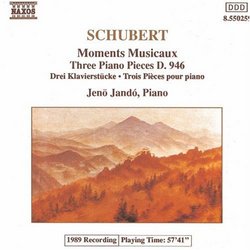 | Franz [Vienna] Schubert, Jenö Jandó Schubert: Moments Musicaux; Three Piano Pieces Genre: Classical
|
Larger Image |
CD DetailsSimilar CDs
Similarly Requested CDs
|
CD ReviewsTied result Leslie Richford | Selsingen, Lower Saxony | 04/04/2006 (4 out of 5 stars) "Franz Schubert (1797 ? 1828): 6 Moments Musicaux D. 780; Allegretto in C Minor D. 915; 3 Klavierstücke (Piano Pieces) D. 946.
Jenö Jandò, piano Recorded in February, 1989, at the Italian Institute in Budapest, Hungary. Naxos NX 8.550259 Compared with: Melvyn Tan, fortepiano. EMI/Virgin Classics VER 5 61161 2. To my mind, the result of a comparison between these two CDs is equivocal, or, to put it more simply, it?s a tie. As far as the Moments musicaux are concerned, I felt that Melvyn Tan?s version, played on a copy of a fortepiano by Nanette Streicher (Vienna, 1814) and recorded in England in 1987, was superior to that of Jenö Jandó, who is here, it seems, taking his first steps as a Schubertian. Tan seems to capture the romantic atmosphere of the pieces just that much better than Jandó, whose tempi are a trifle too slow and too equal. Add to this the advantage of EMI?s slightly better recording equipment and the clarity which Tan achieves on his fortepiano, and I think that if it were only a matter of the six Moments, it would be an easy choice. However, both players have chosen to add D. 946, published by Brahms 40 years after Schubert?s death, and here I felt that Jenö Jandó came into his own, producing rhythms and melodies that Tan tends to ?chop up?. In particular, the central Allegretto (Tan needs eight and a half minutes, Jandó almost thirteen!) is, to my ear, far more accessible on the Naxos CD, despite the timing. And in the last movement, Jandó also has the advantage of being a Hungarian with the rhythm of this music in his blood. All in all, it became obvious while listening that Jandó had taken a good deal of thought and trouble over his recording; that is not to say that Melvyn Tan didn?t, but in the end his playing was not as convincing. As a footnote I should perhaps add that it is quite enlightening to listen to both CD?s one after the other: the difference in sound between the wooden fortepiano and the modern concert piano is astounding, but I would hesitate to state a preference for one or the other: Both have their advantages, and I would recommend listening to both before making any kind of judgement about the pros and cons of historical instruments. " |

 Track Listings (10) - Disc #1
Track Listings (10) - Disc #1